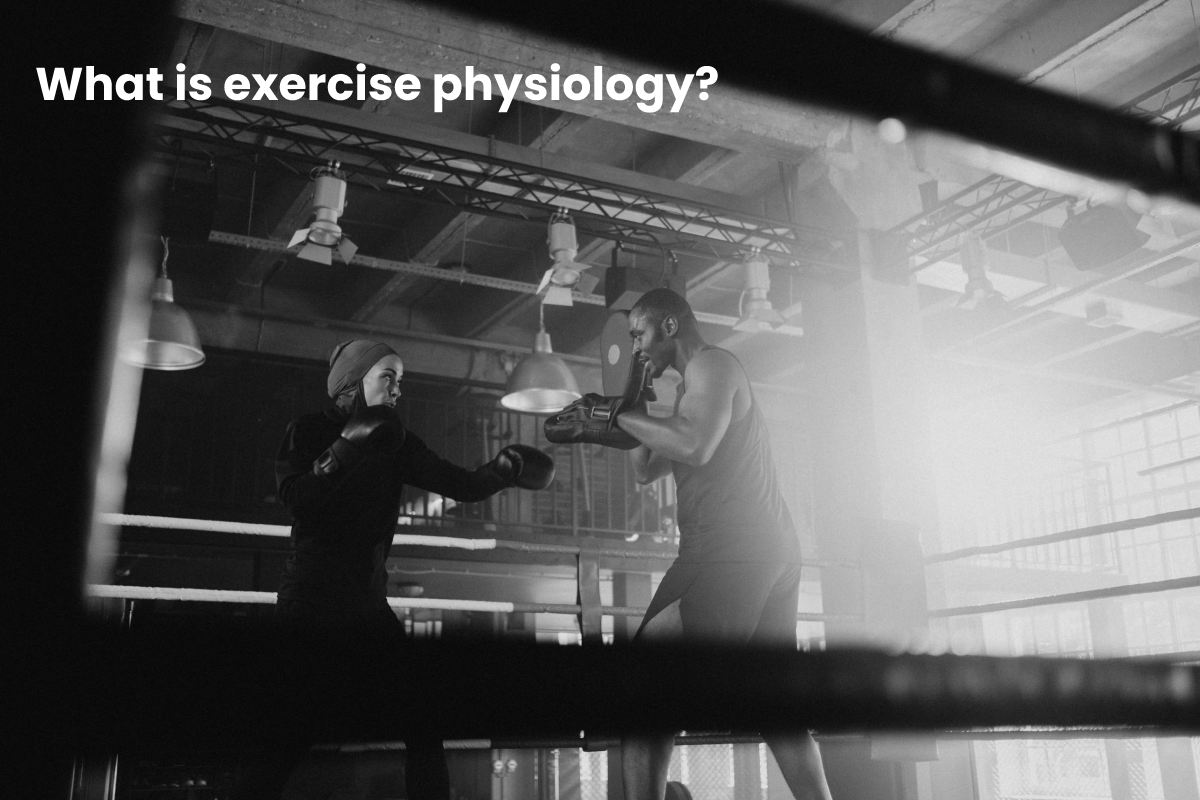Exercise physiology studies how exercise alters the function and structure of the body. A physiologist estimates an athlete’s performance by using designed tests that accurately measure the athlete’s physical characteristics. Agrees the doctor advises coaches and athletes about their training and competitions. This specialty is an inclusive group of physical trainers, fitness instructors, health educators, athletic trainers, and sports physiologists.
Table of Contents
Definition of the Exercise Physiologist
Exercise physiology is as much a profession as physiology. The difference is that the study of exercise physiology is exact to the body’s response and adaptation to exercise. Exercise assessment, prescription, nutrition, and cardiac rehabilitation are equally essential. According to Tommy Boone, what we think of as exercise physiologists depends on the definition of what an exercise physiologist is. Once the meaning is understood, then one defines the tasks. But what if the intention is too delicate, flat, or sparse? The physiologist’s purpose of exercise must be exact and definitive. The correct report points the profession in the right direction.
“Develops, implements, and manages exercise programs and administers medical tests under the supervision of a physician to promote physical fitness.”
The Concept of Exercise Physiology
Definition: Exercise Physiology is the education of the functions of the human body to describe and explain the functional changes that occur during a brief exercise session or after a period of training in order (in most cases) ) to improve the body’s physiological response to exercise.
Improve the body’s physiological response to exercise :
- To improve cardiac patients’ capacity to carry out work in their jobs.
- Allow industrial workers to work more efficiently.
- Set new world records in different sports.
- Have theoretical knowledge of what happens during exercise and why it happens.
Mechanisms in Exercise Physiology
Concept: Explain how specific changes in the body’s functions occur due to exercise and the physical and chemical laws that cause these functional changes in the organism.
Physical Fitness and Exercise Physiology
Definition of physical fitness: Challenge the ability to meet our lives present and potential physical.
Definition of fitness enhancement: The application of the principles of exercise physiology to improve man’s response and adaptation to life’s physical challenges.
Athletic Training and Exercise Physiology
Training Concept: The process by which individuals improve their fitness level for their specialized sports participation. In other words, it is the application of knowledge gained from exercise physiology to enhance the body’s ability to respond effectively to the particular physical challenges of athletic competition.
Other Definitions of Exercise Physiology
From a functional point of view, science studies how the body responds to and adapts to exercise.
The science is concerned with studying muscle activity and associated responses and adaptations.
The description and explanation of the functional changes that result from a single (acute) exercise session or several repeated exercise sessions (regular exercise or training) aim to improve the response to activity.
The branch of physiology describes and explains the functional responses and adaptations that accompany the execution of a session of physical activity, exercise, or several sessions of both.
What is the role of physiology in health?
Exercise Physiology studies the repercussions of physical activity on each of the organs of the human body both during the exercise session, immediately after finishing it, and its long-term effects. Its objective is to use exercise as medicine for healthy people and people with particular pathologies (hypertension, diabetes, hypothyroidism, etc.). In addition, it assists the athlete in continuously improving performance through specific physical tests to fine-tune training programs. Not all exercises are beneficial for all populations.
What Role Does Exercise Physiology Play in Other Fields of Study?
Exercise physiology plays a role in other fields, including hematology, biochemistry, pathology, and cardiopulmonary studies. It’s not uncommon for exercise physiologists to also be engaged in one of these different disciplines.
Exercise physiologists can be scientists in another field and clinical researchers, athletic researchers, trainers, and fitness experts. Combining all these other disciplines enhances exercise physiology most of the time.
It is most beneficial when the results of a particular study are plugged into another area to provide further understanding.
Why is exercise physiology so crucial in sports training?
Exercise Physiology studies and pieces of training through innumerable physical tests on the condition of each organ. Its participation in the different types of exercises, and what would be the best training program to improve performance when we talk about athletes, maintain health, improve aesthetics, prevent diseases in healthy people, and use exercise as medicine in people with current pathologies.
How was Exercise Physiology born?
However, the beginnings of Exercise Physiology as an experimental science date back to 1793, when the French scientist Antoine-Laurent Lavoisier first quantified a person’s oxygen consumption during rest and exercise
The body’s adaptation to physical exertion
The development of physical condition consists of improving essential physical qualities to an optimal level that allows physical-sport activities. The athlete improves because the training adapts more and more to the effort he has to make; that is, the anatomical-functional systems of the subject perform the physical exercise more efficiently: for the same action, less energy expenditure.
About the above, we will define the adaptation as the set of modifications carried out by individual biological systems as a consequence of changes in the external or internal conditions of the organism and which translates into a lasting, structural or functional change, which follows training, and enables the organism to respond more quickly to exercise stimuli.
Conclusion
Engaging in regular physical activity may advance an individual’s physical health, cognitive performance, and psychological well-being. Physical benefits include but are not limited to reduced risk for diseases and improvements in physical functioning, fitness, and overall quality of life.

